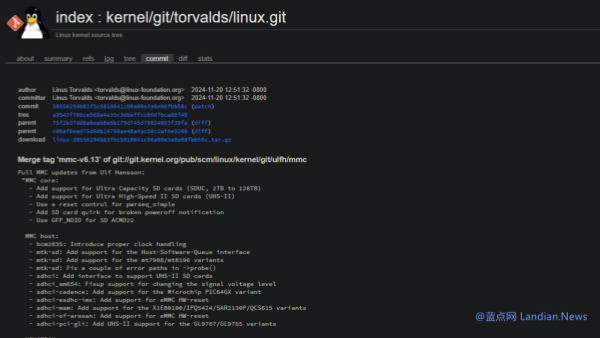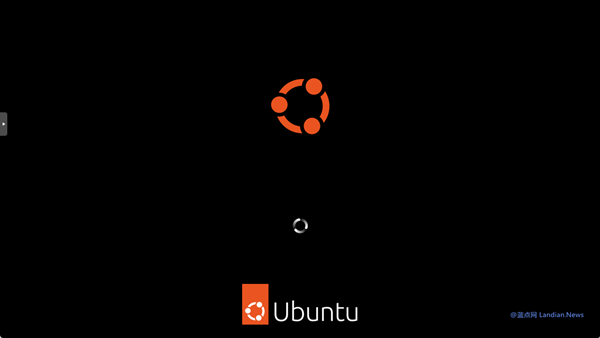Linux Kernel 6.9 Officially Released: Enhanced Networking, Updated Drivers, and FUSE Support
Today, Linus Torvalds announced the official release of Linux Kernel 6.9, the latest stable version of the Linux kernel, which brings numerous new features and improvements, including updated drivers.
Professional users can now download the source code from the official kernel website and compile it to use the latest kernel version. Non-professional users are advised to wait for their Linux distribution developers to adapt the kernel and push updates.
Linux Kernel 6.9 Highlights:
- Enhanced network-related features, including support for 2.5GbE and 5GbE EEE link modes and forwarding ICMP error messages in IPSec.
- Support for GCC named address spaces and initial support for FUSE direct access.
- Rust support on AArch64 architecture, updated to version 1.76.0.
- Added support for ORC stack unwinder and kernel real-time fixes for Loongson architecture.
- LZ4 compression support for hibernation image creation and loading code.
- F2FS flash-friendly file system gains partition block device support and enhanced data recovery after sudden power failure.
- exFAT file system gets directory synchronization performance improvements.
- Added support for future AMD hardware.
- Updated Intel Xe display driver.
- Added DP tunnel support for Intel i915 display driver.
Important Notes:
Linux Kernel 6.9 has marked the ext2 file system as deprecated, and it will not be fixed for the 2038 problem. Users can still use ext2 in Linux Kernel 6.9, but the kernel development team recommends avoiding this outdated file system.
Linux Kernel 6.9 has finally removed the old NTFS file system-related code, reducing 29,303 lines of code, and now uses NTFS3 to add support for Microsoft NTFS file system by default.










